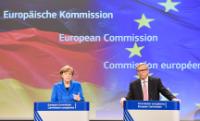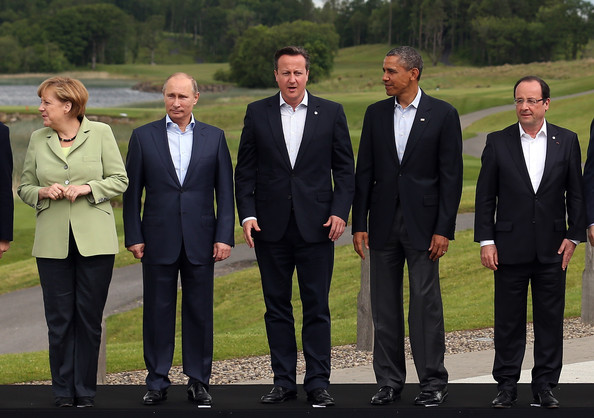Ms. Merkel visits Brussels
German Chancellor Angela Merkel paid a one-day visit to Brussels on 4 March, and met with the European Commission President and the entire College of Commissioners. One wonders whether that would have happened if any of the other 27 EU member state leaders had been visiting. Of course, nobody doubts the prominence that Ms. Merkel has, because of the special weight that Germany carries in the European economy and politics, but also because of her own personality and leadership skills.







